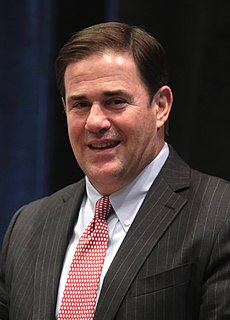A Quote by Mel Carnahan
Declining welfare rolls and increasing work participation rates demonstrate that Missouri is moving people away from welfare dependency and into jobs.
Quote Topics
Related Quotes
General welfare is a general condition - maybe sound currency is general welfare, maybe markets, maybe judicial system, maybe a national defense, but this is specific welfare. This justifies the whole welfare state - the military industrial complex, the welfare to foreigners, the welfare state that imprisons our people and impoverishes our people and gives us our recession.
The 1996 welfare reform law, for the first time, connected welfare benefits with an expectation that recipients would work or participate in training. That work requirement led to record increases in employment and earnings and a record decrease in poverty and welfare dependence after it was enacted.
If you're talking about the narrow issue of public assistance, I would like to see us move to a more healthy system. But until we come up with certain guarantees - for example, guaranteed jobs where mothers move off welfare - I support welfare very strongly. The worst thing we could do is impose time limits and then expect people to sink or swim once they move off welfare.
The welfare state is institutionalized crime - 'organized plunder,' as the French economist Frederic Bastiat called it. It systematizes what is intrinsically wrong: forcing some people to support others. The Democrats favor the indefinite expansion of the welfare state, perpetually increasing the ratio of force to freedom in society.
When some Republican governors asked to try new ways to put people on welfare back to work, the Obama Administration said they would only do it if they had a credible plan to increase employment by 20%. You hear that? More work. So the claim that President Obama weakened welfare reform's work requirement is just not true.
































